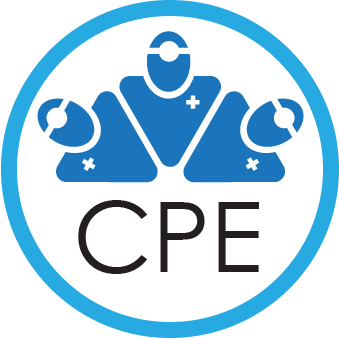  | Coalition for Physician ENHANCEMENT |
Guidelines for Physician Enhancement Programs
The following are basic elements and practices that are recommended as components when developing personalized competence and/or performance assessment and education programs.
Disclosure
The characteristics of the Program should be described.
1. The mission of the Program should identify:
a. A commitment to assessing and educating individual physicians* who have been referred by a regulatory/disciplinary agency or whose clinical competence and/or performance has been questioned;
b. A commitment to a comprehensive assessment of elements of physician competence as defined in the ACGME/ABMS Competencies, CanMEDS, or international equivalents (“core competencies”);
c. A commitment to the provision of prescriptive/remedial education that identifies specific expected improvements in the individual physician’s practice.
* Some programs may also provide services for other healthcare providers.
2. The Program should be able to provide written information about the following:
a. The administrative structure within which the Program operates, and its formal relationships with other organizations;
b. The confidentiality policies of the Program as well as any agreement between the physician-participant and the Program;
c. The reporting policies of the Program with respect to release of physician-participant performance data to provincial/state licensing authorities and other organizations.
3. The Program should be able to document that the participant has been made aware of and/or has received copies of the written information noted above.
Program Components
Competence/Performance Assessment: The Program must provide a comprehensive assessment of an individual physician to identify his/her educational needs or deficiencies that negatively impact the practice of medicine.
1. The Program must have the capacity to assess or to evaluate data relevant to the participant’s abilities as related to a core competencies framework (see 1b). The Program must have the capacity to assess or to evaluate data regarding relevant contributory factors such as health status and neuropsychological issues.
2. The Program must assess the participant’s educational needs independently, not depending solely on information provided by the participant or the referring agency.
3. If substandard patient care is a concern, the program should have the capacity to evaluate the participant’s care of patients in the specific clinical context of the concern, as well as within the broader scope of the participant’s practice.
4. The Program must be able to provide an assessment of the individual participant’s performance that may assist the participant and/or the referring agency in determining:
a. Whether the participant can safely remain in or return to independent clinical practice;
b. The participant’s strengths and weaknesses, as well as educational or other needs; and
c. Whether an intervention is indicated to improve the participant’s clinical competence and/or performance.
5. The Program should have the capacity to use multiple modalities in the assessment process. Inferences drawn from the assessment results should take into account accuracy and reliability of the modalities.
Educational Enhancement: The Program should have the capacity to design and implement a goal-directed plan to address the assessment findings for the individual participant and facilitate improvement in clinical practice.
1. When educational needs are identified, the Program should have the ability to develop a learning plan that meets the identified educational needs and establishes specific educational goals for the participant. The learning plan should:
a. Communicate to the participant a clearly identified educational purpose and/or objectives;
b. Use learning formats and methodologies appropriate for the educational purpose;
c. Present content appropriate in depth and scope for the intended physician; and
d. Include activities that foster reflective self-assessment.
2. The Program should have the capacity to monitor the educational intervention and determine the extent to which:
a. Educational activities are effectively addressing the specific educational needs of the participant;
b. The participant is participating in and in compliance with the educational intervention requirements; and
c. The participant is making appropriate progress toward achieving their educational objectives.
3. The Program should be able to evaluate the individual participant’s change/improvement through a post-test or appropriate evaluation process:
a. Determine the participant’s successful achievement of his/her educational objectives;
b. Allow the participant to demonstrate the knowledge, skills and abilities necessary to provide safe, effective patient care within the framework of the core competencies as they apply to the individual’s practice.
Revised April 2014
CPE Guidelines for Physician Enhancement Programs 2014.pdf